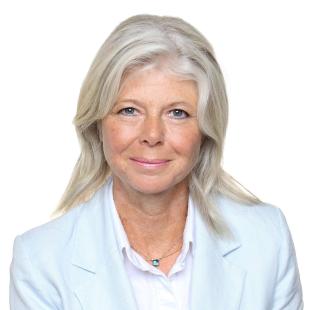
Key contacts
January 2022
The rules relating to the Extended Producer Responsibility (EPR) principle have substantially intensified since the publication of the Circular Economy law,1 which has notably and unquestionably focused on end-of-life management of products.
In application of the EPR principle, any "producer" of waste-generating products must implement or finance the collection and treatment of waste coming from the products he/she places on the market and which are subject to an EPR scheme (Art. L. 541-10 of the Environmental Code (C. env.)).
For example, electrical and electronic equipment (EEE), used batteries and accumulators, household packaging, unused medicines, furniture, clothing, shoes, household linen, tobacco products, toys, etc. are subject to EPR.
Producers can comply with their EPR obligations through two options (“PLAY” or “PAY”):
- either - "PLAY" option - by providing themselves for the management of waste from the products they place on the market by setting up an individual collection and treatment system which must be approved prior to its implementation (rare in practice); or
- "PAY" option - by contributing financially to the management of waste from the products they place on the market through membership in an eco-organization approved by the public authorities, and to which it pays an eco-contribution calculated according to multiple criteria such as the quantities of products placed on the market and modulated according to eco-design criteria. In such case, the eco-organization itself takes charge of the management of waste from products placed on the market (the “pay” option is very common in practice).
Since January 1st, 2022, the operators of marketplaces and online sales platforms are accountable in the fulfilment of the obligations normally imposed to manufacturers or importers under the EPR. However, they could be discharged from this responsibility by demonstrating that these third-party sellers have already fulfilled their obligations, in particular by keeping a register provided for this purpose.






